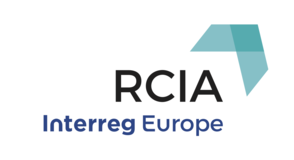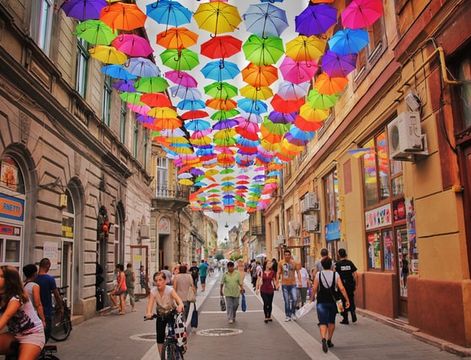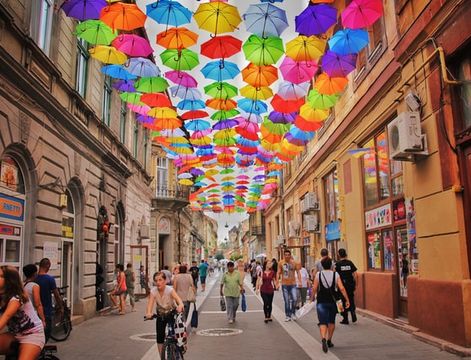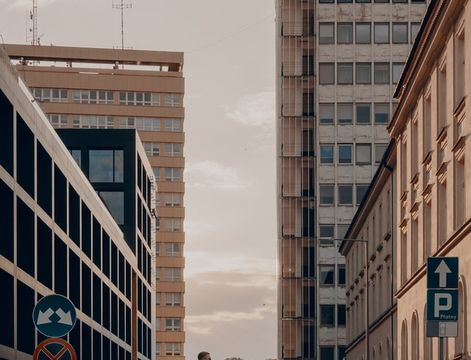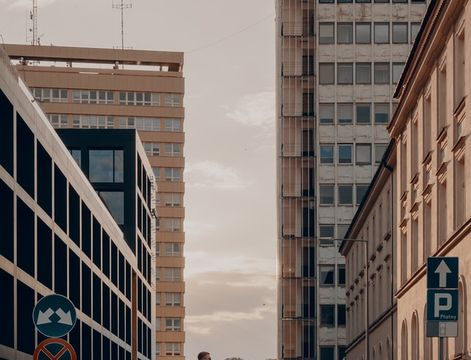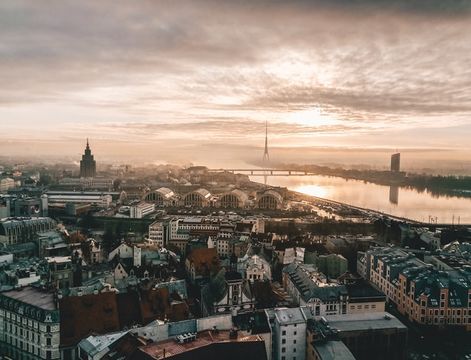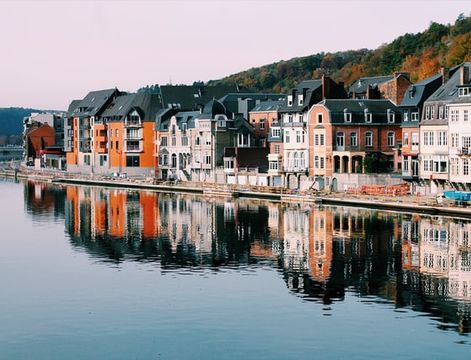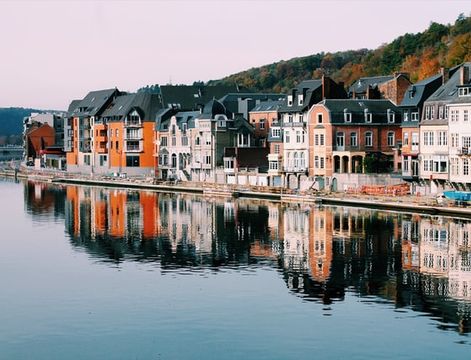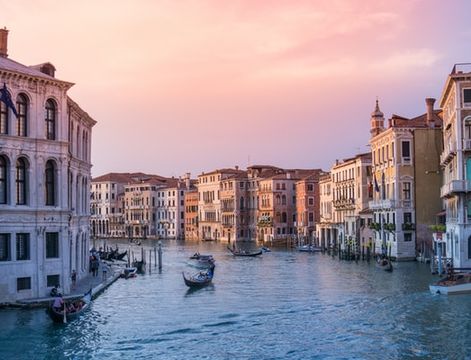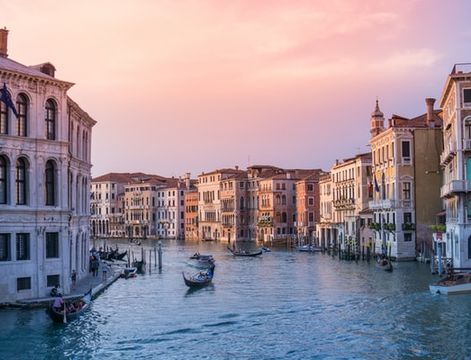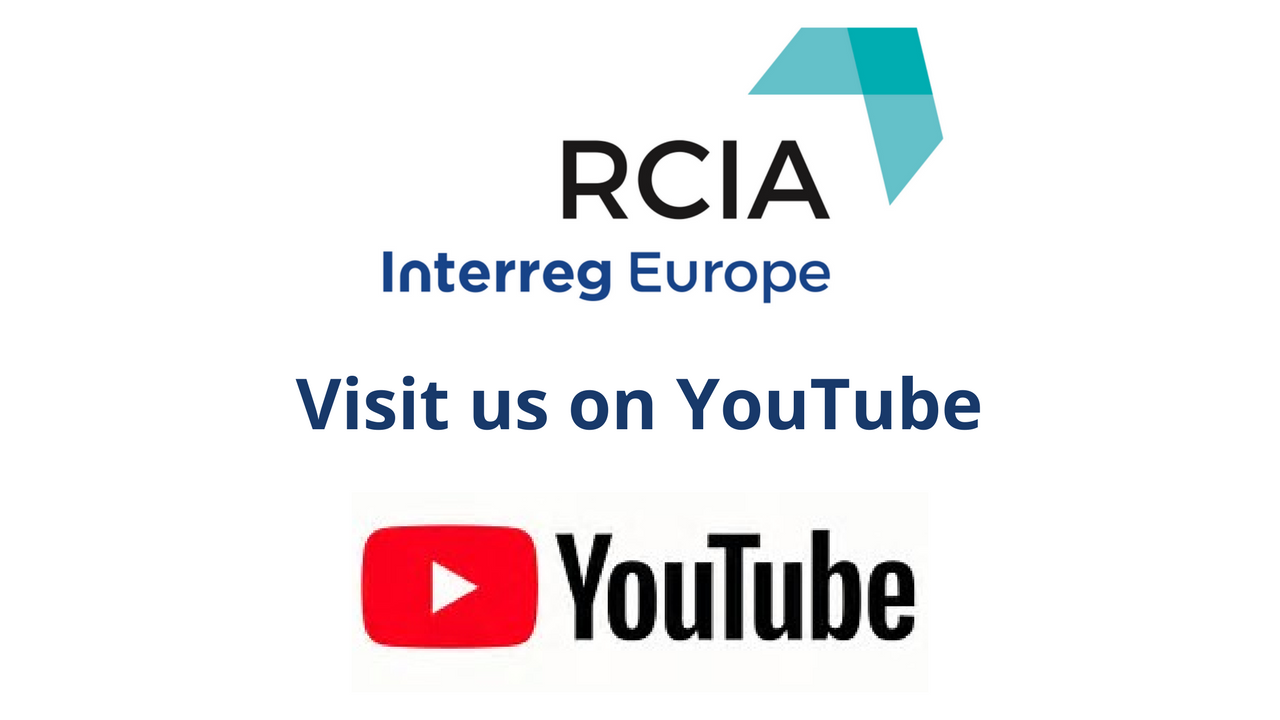Local Stakeholder Group Meeting, Barcelona
Pt.1
On May 3rd, 2018, the Barcelona Chamber of Commerce (Spain) held its second regional stakeholder group meeting within the Regional Creative Industries Alliance -RCIA project.
Among the attendees were regional policy planning institutions from the Catalan Government, such as the Catalan Institute for Cultural Companies (ICEC) and the Agency for Business Competitiveness (ACCIÓ), the General Council of Catalan Chambers of Commerce; as well as local policy representatives from the Culture Institute of Barcelona (ICUB) of the Barcelona City Council, and the Barcelona Provincial Council.
After a short presentation on the developments of the RCIA project so far, the discussion was centred on giving answers to the following themes:
- what are the strengths of Catalonia on Cultural and Creative Industries;
- what needs to be improved at regional level regarding policy instruments addressed within RCIA;
- the role of the public administrations and the public funding of culture and creativity in Catalonia.

Regarding what needs to be improved in the Regional Policy instruments addressed from the RCIA perspective, 3 main topics were discussed:
- Specialised CCI incubation spaces. Even though Barcelona has a great entrepreneurs ecosystem with several incubators, there is only one dedicated entirely to the Creative and Cultural Industries, namely the Canòdrom Creative Research Park, that focuses on creating an international entrepreneur ecosystem on Video Games. So, there is still room for improvement to dedicate other incubators to specific CCI sectors.
- Foster local production. A large diversity of projects in performing arts and audiovisuals are promoted mainly with subsidies. Projects that assume a high creativity risk (experimental productions), productions that preserve the cultural diversity (Catalan language and local topics), and those addressed to global audiences. There are not sufficient funds to support large commercial industrial based. On the other hand, some of the subsidy assignment processes rely too much on objective criteria, with insufficient discrimination capacity by external experts, which results in many projects receiving small incentives and this ends up maintaining the status quo.
- Adapt the regional ecosystem towards a holistic approach. Despite the long run policy in reinforcing competitiveness at clusters’ level and the analytical effort made by RIS3Cat to raise cross sectoral collaboration, there are no explicit coordination mechanisms in place between different levels of the administration to apply a holistic approach on the transformative power of creative SMEs.
In conclusion, Creative and Cultural Industries have suffered a severe crisis in Catalonia between 2008 and 2015 and, in addition, public budgets are not adequately endowed in Catalonia to be countercyclical. Public instruments are focusing on creating startups, financing creativity and local diversity, linking creativity to the territory, etc. But they cannot provide clear incentives to help SMEs to adapt strategies to the main new challenges they are facing, in order to take advantage of the full potential of the transformative power of CCIs to be more competitive and attractive in a global context.
The second part of the meeting focused on a debate about the adoption and transfer of Good practices from Catalonia to other partner regions and vice versa.
See more from the the LSG in Barcelona right here
